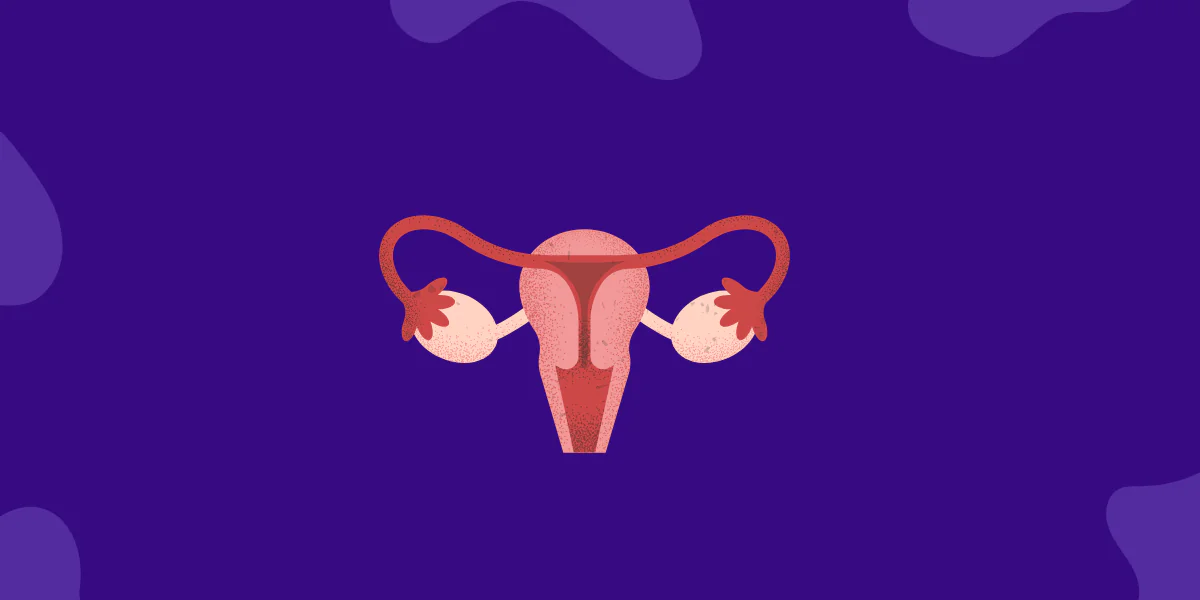Thyroid disorders are increasingly common among women in India, with conditions like hypothyroidism and hyperthyroidism impacting their health and well-being. According to the Indian Thyroid Society, nearly 42 million Indians suffer from thyroid disorders, with a significant number being women. Managing thyroid health is crucial for maintaining energy levels, metabolism, and overall hormonal balance. This article explores effective measures women can adopt to control thyroid issues and achieve better results.
1. Balanced Diet for Thyroid Health
A balanced diet is fundamental in managing thyroid function. Including foods rich in iodine, selenium, and zinc can help regulate thyroid hormones. For women with hypothyroidism, iodine-rich foods like seaweed, eggs, and dairy are beneficial as iodine supports thyroid hormone production. Selenium, found in nuts like walnuts and sunflower seeds, plays a role in converting the inactive thyroid hormone (T4) to its active form (T3). However, avoid excessive intake as it may disrupt thyroid function. In India, adding iodized salt to the diet is an easy way to meet iodine needs.
2. Regular Physical Activity
Physical activity can improve metabolic rate and energy levels, making it beneficial for women with thyroid issues. For hypothyroidism, exercises like walking, swimming, and strength training can help boost metabolism and combat weight gain. Yoga, especially poses like Sarvangasana (Shoulder Stand), can stimulate the thyroid gland, enhancing its function. According to studies published in the Journal of Clinical Endocrinology & Metabolism, regular exercise has been linked to improved thyroid function and better overall health in women.
3. Manage Stress Levels
Chronic stress can worsen thyroid function, particularly in women. When stressed, the body produces more cortisol, which can inhibit the conversion of T4 to T3, reducing thyroid activity. Mindfulness practices like meditation, deep breathing, and yoga can help manage stress levels and support thyroid health. The Indian Journal of Psychiatry emphasizes the importance of stress management techniques in maintaining hormonal balance and reducing symptoms of thyroid disorders. Integrating these practices into daily routines can make a significant difference.
4. Avoid Goitrogenic Foods
Certain foods, known as goitrogens, can interfere with thyroid hormone production. Women with thyroid issues should moderate their intake of raw cruciferous vegetables like cabbage, cauliflower, and broccoli. While these vegetables are healthy, they may hinder iodine absorption if consumed in large quantities. Cooking these foods reduces their goitrogenic properties, making them safer for those managing thyroid conditions. In India, where vegetables are a dietary staple, it’s important to prepare them in ways that don’t compromise thyroid health.
5. Take Prescribed Medication Consistently
For women with diagnosed thyroid conditions, it is essential to take prescribed thyroid medications, such as levothyroxine, as directed by a healthcare provider. This medication helps maintain optimal thyroid hormone levels in the body. Skipping doses or inconsistent intake can lead to fluctuations in thyroid hormone levels, exacerbating symptoms. Consult with a healthcare provider for periodic testing to ensure medication dosage remains effective.
6. Regular Thyroid Function Tests
Monitoring thyroid hormone levels is key to managing thyroid health effectively. Regular testing of TSH (Thyroid Stimulating Hormone), T3, and T4 levels can help track thyroid function and adjust treatment if necessary. Women, especially those with a family history of thyroid disorders, should schedule routine check-ups. In India, thyroid testing is widely available and can be accessed through government hospitals or private labs. Early diagnosis can prevent complications and allow for timely intervention.
Practical Tips for Better Thyroid Management
- Stay Hydrated: Drinking sufficient water helps maintain metabolic processes, which can be beneficial for thyroid function.
- Avoid Excess Caffeine: High caffeine intake can interfere with thyroid medication absorption. Limit coffee or switch to herbal teas.
- Include Antioxidant-rich Foods: Berries, green leafy vegetables, and turmeric are rich in antioxidants and support overall immune function, which is important for autoimmune thyroid conditions like Hashimoto’s thyroiditis.
When to Seek Medical Attention
If symptoms like unexplained weight gain or loss, persistent fatigue, or swelling in the neck (goiter) are present, it is essential to consult a healthcare provider. Women experiencing these signs should not ignore them, as untreated thyroid issues can lead to complications such as heart problems or infertility.
Conclusion
Managing thyroid health requires a combination of diet, lifestyle changes, medication, and regular monitoring. Women should adopt these measures to control thyroid function and improve their overall well-being. Staying informed and proactive can significantly enhance the quality of life for those living with thyroid disorders.
Read also: Hypothyroidism vs. Hyperthyroidism: Treatment and Risk Factors
Medical Disclaimer: This article is for informational purposes only and is not a substitute for professional medical advice. Always consult with a healthcare provider for personalized recommendations.




















